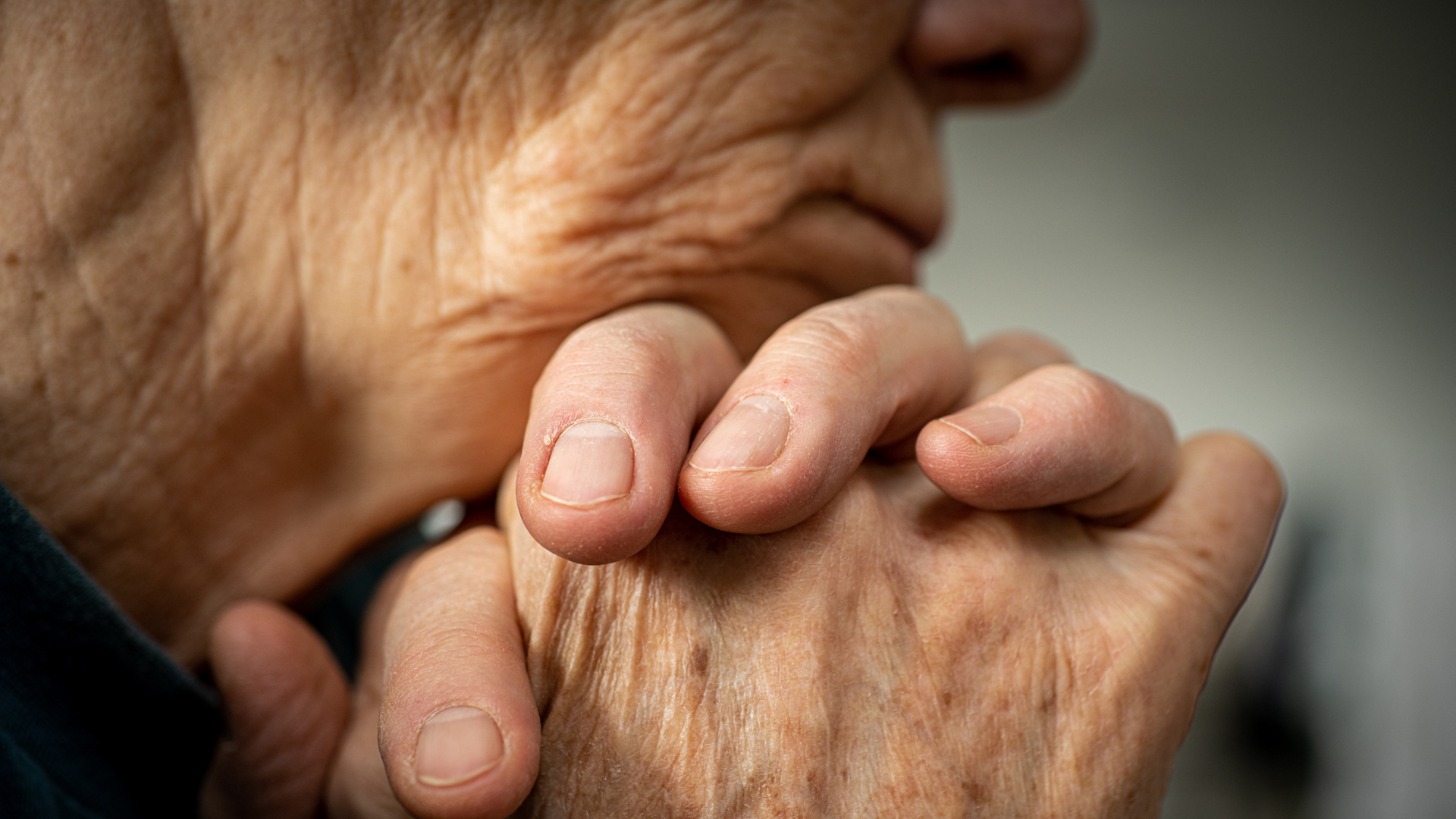
Craig Nigrelli
FOR OVER A CENTURY, PEOPLE HAVE BEEN LIVING LONGER THANKS TO ADVANCES IN MEDICINE AND HEALTHIER LIFESTYLES.
BUTNEW RESEARCH SUGGESTS THIS GROWTH MAY BE SLOWING DOWN.
WHILE LIFE EXPECTANCY NEARLY DOUBLED IN THE 19TH AND 20TH CENTURIES, EXPERTS SAY THAT PACE HAS SLOWED IN THE LAST 30-YEARS.
LEAD AUTHOR OF THE STUDY, FROM THE UNIVERSITY OF ILLINOIS CHICAGO SCHOOL OF PUBLIC HEALTH, EXPLAINS THAT MOST OF THE EXTENDED LIFE WE’RE SEEING TODAY IS A RESULT OF MODERN MEDICINE–WHAT HE CALLS ‘MANUFACTURED TIME.’
THE AUTHOR ARGUES THAT SIMPLY ADDING MORE YEARS TO LIFE MAY NOT BE THE BEST APPROACH.
INSTEAD, THE FOCUS SHOULD SHIFT TO INCREASING THE NUMBER OF YEARS SPENT IN GOOD HEALTH.
THE STUDY PUBLISHED IN NATURE AGING, REVEALS THAT IN REGIONS WITH THE HIGHEST LIFE EXPECTANCIES, LIKE JAPAN AND SWITZERLAND, GAINS HAVE BEEN FAR SMALLER THAN EXPECTED SINCE 1990.
IN FACT, LIFE EXPECTANCY IN THE U.S. HAS NOTBALY DECLINED.
SCIENTISTS WARN THAT WITHOUT SLOWING THE BIOLOGICAL AGING PROCESS, RADICAL LIFE EXTENSION COULD BE UNREALISTIC.
THE STUDY SUGGESTS THAT, AT BEST 15-PERCENT OF FEMALES AND JUST FIVE-PERCENT OF MALES MIGHT LIVE TO ONE-HUNDRED IN MOST COUNTRIES.
WHILE MEDICAL ADVANCES CONTINUE, THE REAL FOCUS NEEDS TO BE ON HELPING PEOPLE LIVE HEALTHIER LIVES AS THEY AGE.
I’M CRAIG NEGRILLI AND FOR MORE ON YOUR HEALTH HEADLINES, DOWNLOAD THE STRAIGHT ARROW NEWS APP.











